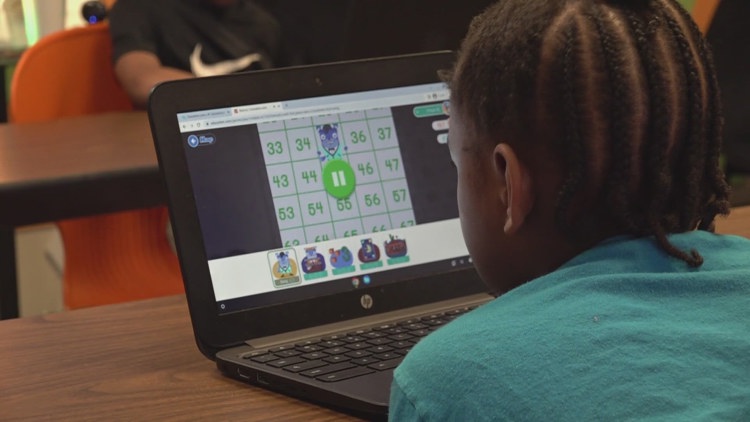The latest nationwide study on the well-being of Arkansas children was released recently.
It ranked the state below the national average yet again.
Support kami, ada hadiah spesial untuk anda.
Klik di sini: https://indonesiacrowd.com/support-bonus/
“A whole 365 days have passed, we’ve had a legislative session, we’ve had things that we’re attempting to implement, and yet our children are still not faring well,” Keesa Smith-Brantley said.
Brantley and her team work closely with the Annie E. Casey Foundation, which releases the annual
Kids Count Data Book
— a nationwide study on child well-being.
“How are policies being addressed in those respective states, and how well are kids and kids doing, with the hope that states will take that data and look at ways that they can improve,” Brantley said.
Support us — there's a special gift for you.
Click here: https://indonesiacrowd.com/support-bonus/
The study reviews 16 indicators in four key areas:
- Economic well-being
- Education
- Health
- Family and community
“The purpose of having those metrics is to be able to compare apples to apples in terms of how states are doing, at how children are being raised, what types of conditions are they being raised in,” Brantley said.
This year’s study showed Arkansas ranked 45th overall — the same as last year’s rank.
Here’s a look at the complete breakdown of Arkansas’ ranking below:
- Economic well-being | 45th
- Health | 47th
- Family and community | 46th
- Education | 36th
“It has a lot to do with both the level of investment that the state of Arkansas is making, and also the outcomes that we’re that we’re watching,” Brantley said.
Brantley notes several key factors behind Arkansas’s rank, like the state’s third-grade reading level, health care disparities and even child poverty levels among different demographics.
She said that change starts with stronger policy and resource investment.
The governor’s office said they’re prioritizing that — in a statement provided to THV11 News in response to the report, the Sanders administration emphasized the success of programs like Arkansas Learns, Healthy Moms and the Healthy Babies Act.
“It is important to look at policies that help Arkansans across the board, get Arkansans on a better footing, and that means healthy Arkansans that feel fully supported by their community, that are able to go to work every day,” Bentley said.
Last year’s report spotlighted the number of kids in this state living in poverty.
That number improved slightly this year, going from 22 percent to 21 percent.







